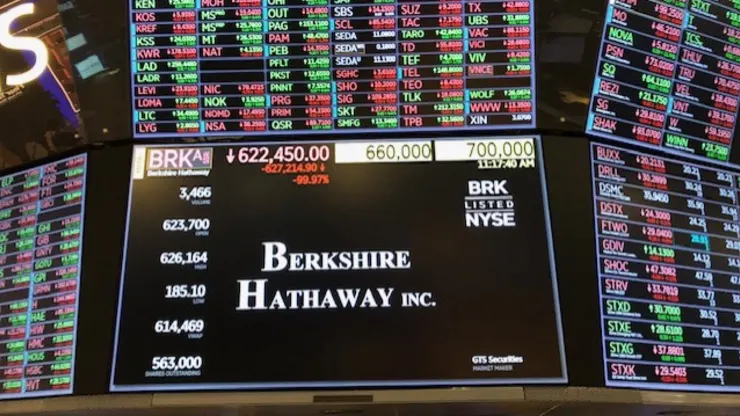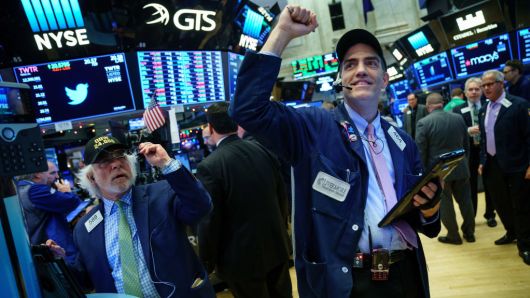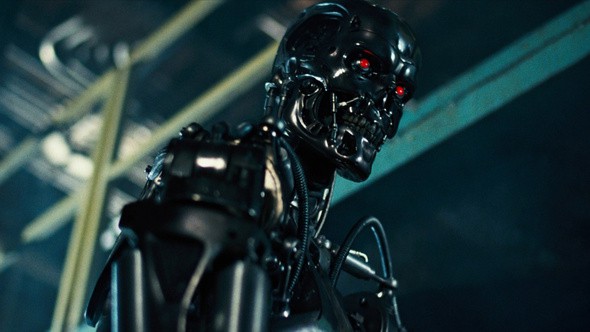
A technical issue on Monday caused the A-class shares of Warren Buffett’s Berkshire Hathaway to appear to be down nearly 100% on the New York Stock Exchange for most of the morning trading period.
Trading was halted in those shares, as well as in Barrick Gold and Nuscale Power, which had also seen dramatic falls. All three stocks have since resumed trading.
The NYSE said that the problems stemmed from the price-bands published by the Consolidated Tape Association, the organization used by major exchanges to jointly provide real-time stock quotes. The NYSE said at roughly 11:45 a.m. ET that the issues had been resolved and trading was back to normal.
The CTA said that there was an issue with limit up and limit down price bands, a mechanism meant to combat market volatility, between 9:30 a.m. and 10:27 a.m. ET. The issue may have been caused by a new software release, and the organization will revert back to the prior software program in its primary data center for Tuesday’s trading session, the CTA said.
There were 40 stocks affected by the issue, according to the CTA. Other notable stocks involved include Chipotle Mexican Grill and Bank of Montreal.
The NYSE Group Equities Exchange announced after market close that it would cancel erroneous trades in several securities including Berkshire Hathaway’s A-shares.
There were less than 4,000 recorded trades on the day for Berkshire’s A-class shares when trading was halted. Trading continued in the B-class shares, which were down less than 1% Monday morning. Both share classes ended the day up less than 1%.
The halts did not appear to have a notable effect on the value of the major market averages.
The issues on Monday are another reminder that the exchanges and data providers that are central to Wall Street are not completely error free. Other recent examples include an hourlong freeze for CME index data feeds last week and a Nasdaq system error in December that led to some orders being canceled.
The NYSE also had a day in January 2023 when the opening auctions for some stocks did not occur properly.
On normal days, Berkshire’s original Class A shares carry one of the highest price tags on Wall Street. Last week, each one sold for about 45% more than the median price of a home in the U.S. Class A shares hit an all-time closing high of $634,440 on March 28.
That is because Buffett has never split the stock, as he wants to attract shareholders who are investment-oriented with long-term horizons. The Ben Graham protege has said that many Berkshire shareholders use their stock as a savings account.
Berkshire issued Class B shares in 1996 at a price equal to one-thirtieth of a Class A share to cater to smaller investors wanting a small piece of Buffett’s performance.
Buffett is the largest shareholder of Berkshire, owning more than 38% of Class A shares, according to FactSet. The “Oracle of Omaha” pledged to give away the fortune he built at Berkshire, the Omaha-based conglomerate he has been running since 1965.
























